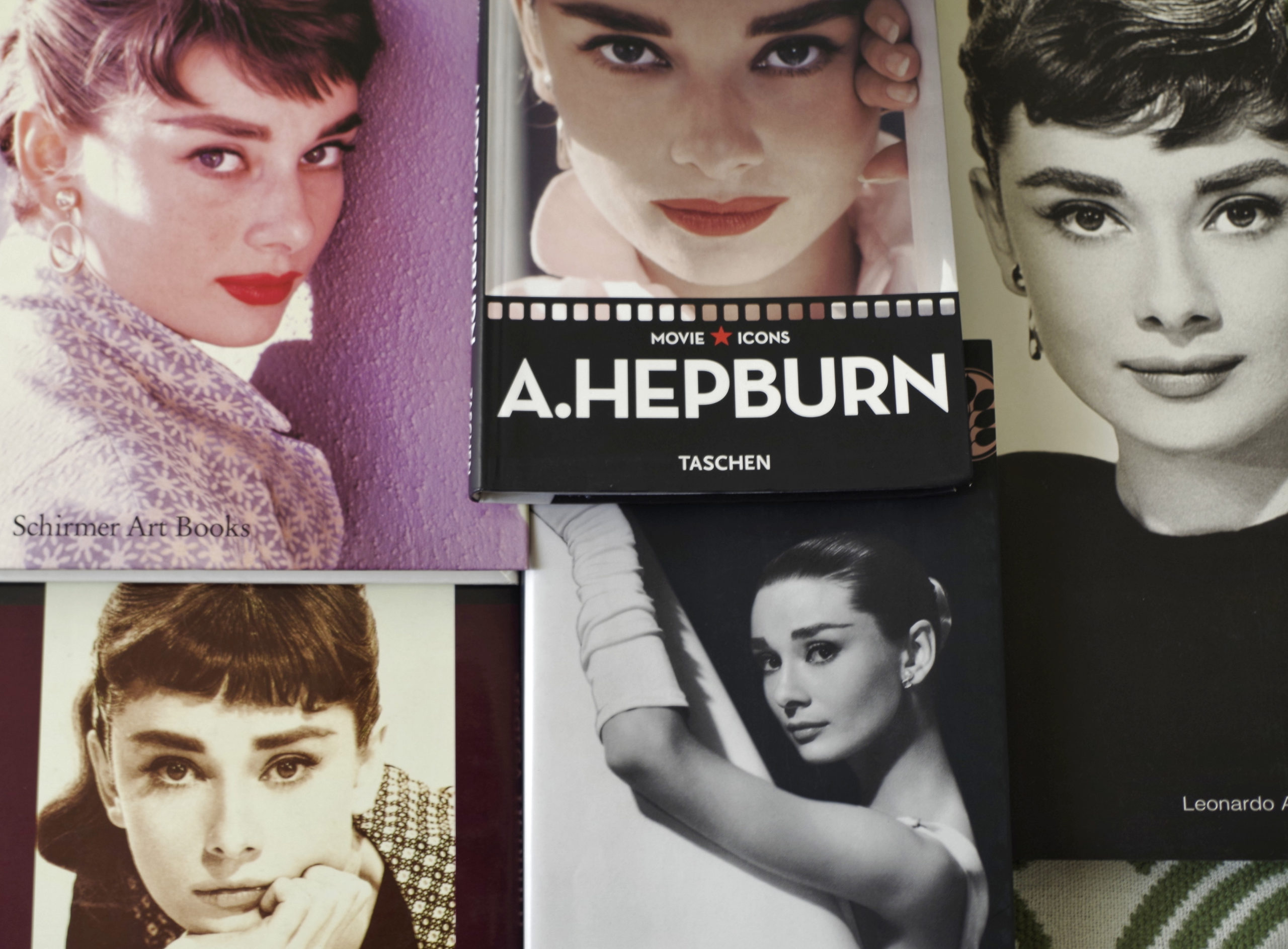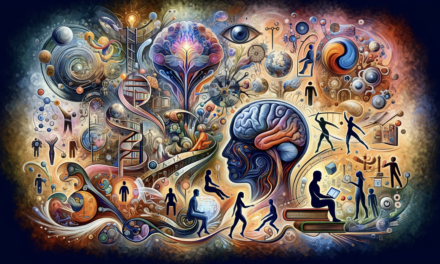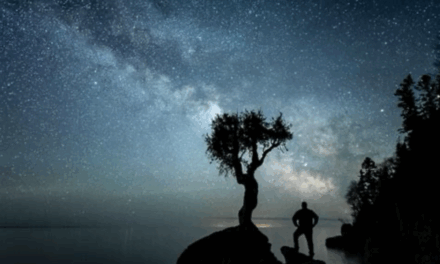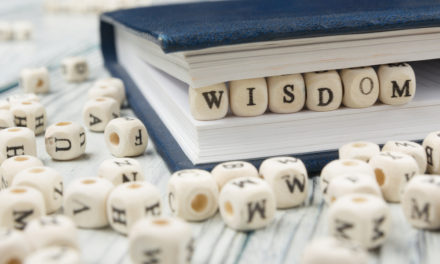Audrey Hepburn famously said, “Nothing is impossible. The word itself says ‘I’m possible'”.
And possibility seems to be built into the very structure of the amazing Cosmos in which we live. Slight energy imbalances in the emerging early universe allowed elementary particles to form increasingly complex elements that in turn ‘clumped together’ into galaxies, stars, and planetary systems.
Later, with the appearance of life on earth, a dazzling multitude of life forms evolved. It was teeming with new possibilities.
Later still, one of these emergent species turned out to possess the astonishing capacity for self-reflective consciousness, and our human imagination made it possible to re-engineer our cultural, technical, and even planetary environment.
We are surrounded by all these possibilities, even if we are unaware of them. Opportunities that are constrained only by what we call “the laws of physics”, the ability of the sun’s energy to sustain life on earth, and the limits of human imagination.
And imagination is crucial – before we intentionally create something new, we must first imagine it. Everything from Einstein’s intuition about the nature of reality to a bride’s romantic wedding started in a person’s imagination. First, it became a possibility and then a reality. As Nelson Mandela once said, “It always seems impossible until it’s done.”
But the human imagination that creates these possibilities is housed in social beings who simultaneously constrain them through practices such as self-interest and tribalism.
The philosopher A. C. Grayling has summarised the former in two so-called ‘laws’. “Anything that CAN be done WILL be done if it brings advantage or profit to those who can do it.” And its corollary: “What CAN be done will NOT be done if it brings costs, economic or otherwise, to those who can stop it”. This is why inequality is so pernicious, and greed has such destructive consequences.
As for tribalism, as Rodney King didn’t quite ask after the LA Riots in 1992, “Why can’t we all get along?” We humans seem to revel in defining ourselves by our tribal identities: Nation, Race, Religion, and more. We continually divide ourselves into “Us and Them”. As David Berreby writes in his magisterial book of the same name, “Humans need our tribal sense – it tells us who we are, how we should behave, and links us to others as well as the past and future.” But it also spawns war and conflict.
So was Audrey Hepburn right?
It is a high-stakes question. At present, we seem to be gambling with the future wellbeing of our species, or possibly even our home planet. Will our imagination allow us to overcome the twin constraints and create a flourishing community on a flourishing planet? Or will all the possibilities remain just that – possibilities that never become a reality?
Who knows? We’re characters in an ongoing story of which we don’t yet see the end.






